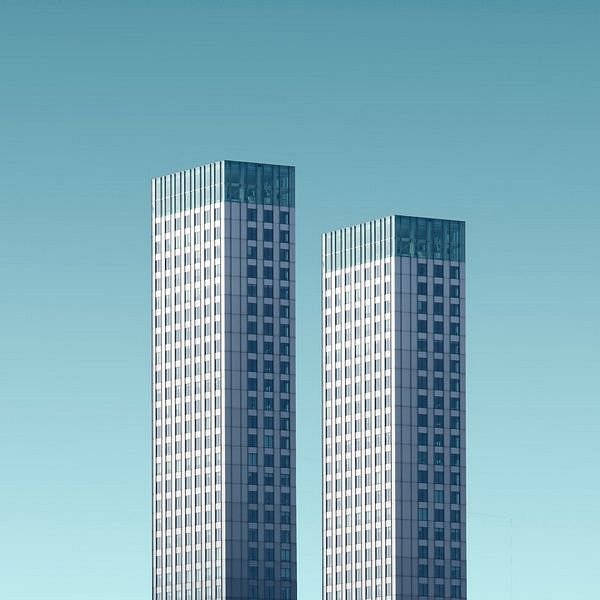
11/02/2020
A recent example of the corporate veil being pierced within a French group of companies
A parent company should always be cautious before taking part in business negotiations on behalf of one of its subsidiaries. This was illustrated again by the Third Civil Chamber of the French Supreme Court (Cour de Cassation) on 12 December 2019 (Cass. 3° Civ. 12-12-2019 - 18-23.223).
In this case, a French parent company (the “Parent”) assisted one of its subsidiaries (the “Subsidiary”) in early terminating, in what it thought an amicable manner, a commercial lease agreement with its landlord. The termination agreement provided that the landlord was to receive no indemnity following such early termination. This negotiation followed a period during which the lease had been erratically paid by the Subsidiary.
After the termination agreement was executed, the Parent negotiated with the landlord for another of its subsidiaries the (the “Second Subsidiary”) to occupy the same premises for a very short time. After that, the premises were left empty. More than a year afterwards, the landlord sued the Subsidiary, the Parent and the Second Subsidiary to seek the cancellation of the lease termination agreement and to be awarded damages. It claimed, inter alia, that the early termination should have been supported by consideration and was therefore invalid, and that this has caused it a loss.
The Court of Appeals pronounced the cancellation of the termination agreement. The Subsidiary, the Parent and the Second Subsidiary were held liable to the landlord. Without commenting on the legal reasoning behind this decision, which is not our subject matter here, it is interesting to analyse why the Parent was also held jointly liable to the landlord.
The landlord successfully demonstrated that the Parent took part in the negotiations that led to the lease early termination agreement, that it also offered to facilitate the sale of the premises to a third party (in order to mitigate the financial consequences of the lease’s early termination), and that it finally suggested for another of its subsidiaries to briefly occupy the premises vacated by the Subsidiary.
It was noted by the Court of Appeals that emails were exchanged directly between the Subsidiary’s management and the landlord, as well as between the Parent’s General Counsel and the landlord. This, in the opinion of the Court of Appeals, created a “misleading appearance” that led the landlord to legitimately believe that the Parent had substituted the Subsidiary in the performance of the lease. The French Supreme Court confirmed the Court of Appels’ judgment on this key point. It must be noted that this decision is in line with an earlier 2015 decision from the Commercial Chamber of the French Supreme Court with resembling facts (Cass. com. 3-02-2015 - 13-24.895).
This case illustrates how a parent company should be cautious not to create the “legitimate impression” that it takes part in, or accepts the burden of, the commitments of one of its subsidiaries vis-à-vis third parties. The risk for the parent is to be held financially liable with such subsidiary. The case also emphasizes the usefulness to communicate exclusively through lawyers in this type of potentially litigious context. Indeed, communications between lawyers are deemed confidential and may as a result not be used in court.
#CorporateVeil #GourpOfCompanies #BusinessNegociations













































































































